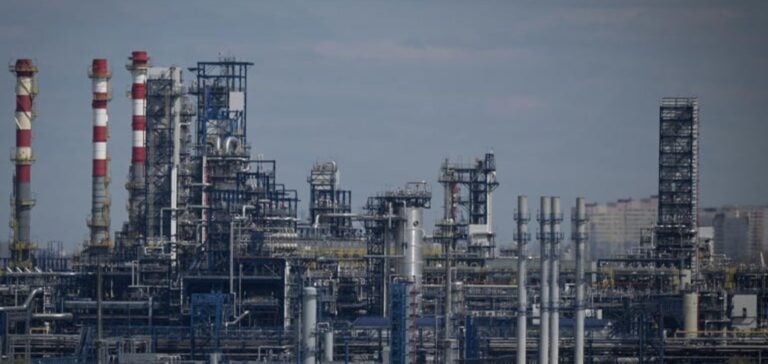Ukraine’s recent drone strike on the Taneco refinery, located in Russia and over 1,115 kilometers from the Ukrainian border, marked a significant step forward in terms of the operational range of Ukrainian attacks. This comes against a backdrop of intensifying Ukrainian attacks on Russian energy infrastructure. This attack not only confirmed Ukraine’s technological ability to carry out long-range strikes, but also placed other Russian energy infrastructures under a new potential threat, notably the Taif refinery, located just beyond the previously confirmed strike range.
Impact on energy infrastructure
The Taneco refinery, one of Russia’s newest and largest facilities, capable of processing around 324,000 barrels per day (b/d) of crude oil, briefly caught fire following the strike before the blaze was extinguished after around 20 minutes. Details of the extent of the damage to the refinery remain unclear. According to S&P Global, Russian refineries with a combined nominal capacity of over 1.6 million b/d were affected to varying degrees by the Ukrainian strikes.
Challenges for fuel production
In the context of these attacks, repairs are underway at the Norsi refinery, where a damaged FCC unit may not be operational for another two months, reducing gasoline production which had already been halted since January 4. In addition, Norsi’s main primary distillation unit, representing over 50% of its capacity, is not expected to come on line until June, while crude distillation units remain offline at other sites such as Syzran and Ryazan.
In response, the Russian government has taken steps to ensure domestic supplies, including increasing production at other refineries and maintaining a ban on gasoline exports until September to preserve stocks ahead of the peak demand season. However, Russia’s exports of refined products (excluding fuel oil) fell from 1.7 million b/d in February to 1.6 million b/d in March, compared with 1.9 million b/d a year earlier.






















